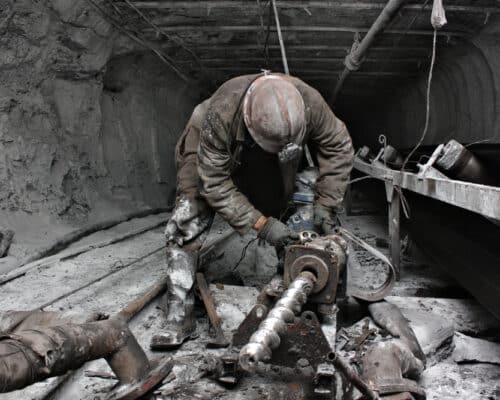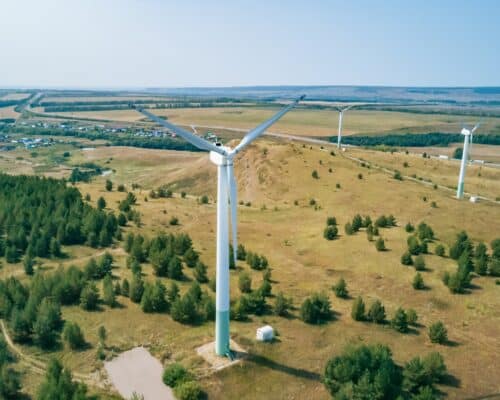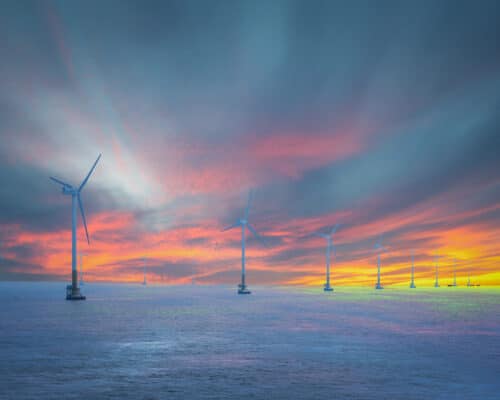Articles
Wind Energy in Vietnam – Opportunities and Potential
Vietnam has already established itself as one of the world's most notable clean energy success stories. However, to retain that crown, the country needs to incentivise foreign financiers.
Japan-Vietnam Energy Relations: Opportunities and Risks
Vietnam needs a partner that will prioritise its decarbonisation and access to affordable and ready-to-be deployed solutions to make the most of its clean energy potential. It doesn't need to be pushed towards distracting technologies with questionable decarbonisation credentials. The approach that Japan will take in its cooperation remains to be seen.
On a Quest to Make Music Streaming Greener, Kpop Fan Activists Gets One Major Company to Change Its Tune
Kpop4Planet, a fan-driven, grassroots climate group, targeted South Korea’s music streaming giants during their “Streaming, Heating, Melting” campaign to demand that companies move towards renewable energy sources.
Japan’s Sustainability Programs Are Lacking Compared to G7
Japan is hosting the G7 summit in 2023, which will include discussions on decarbonisation and renewable energy development. However, Japan's sustainability efforts are considered some of the poorest of the G7 nations. The country's financing of fossil fuel projects throughout Asia, its reliance on coal and its questionable strategy towards decarbonisation are all concerns. As the host, Japan should promote sustainability efforts.
Oil Spill in the Philippines Implicates San Miguel Corporation
A major oil spill in the Philippines raises concerns over a corporate giant’s refusal to accept responsibility for the disaster. It also raises concerns over its dismal environmental record due to liquefied natural gas (LNG) development. The government is waffling, and the environment, local residents and fisherfolk are suffering.
Major LNG Liquefaction Projects 2023-2027
Global LNG capacity is set to increase by 35% by 2027, ushering in a new round of carbon emissions-intensive LNG projects. However, the world needs fewer fossil fuel project developments, not more, to reach net-zero by 2050.
SK E&S, K-Sure and Kexim Face Rising and Unquantified Risks With Their Backing of the Barossa Gas Project Off Northern Australia
The Export-Import Bank of Korea (Kexim) and the Korea Trade Insurance Corp (K-Sure) are risking Korean public money by financing SK E&S’ investment in the Barossa gas project off the coast of Northern Australia. The Korean government agencies funding and insuring the Barossa gas project face significant and mounting risks on two fronts – native title and climate-related risks.
The Future of Earth is at Risk: Thanks to Climate Change
The last IPCC report for the next few years gives a sobering assessment that the world is running out of time to tame the climate crisis. However, it also notes that the solutions are there for the taking.
The IEA’s Global Methane Tracker 2023: Methane Emissions Reduction No Longer Complicated or Expensive
The IEA's latest report, which includes valuable recommendations and an actionable roadmap for curbing methane emissions. It proves that the oil and gas industry and governments now have all the means to start working on methane emissions reduction.
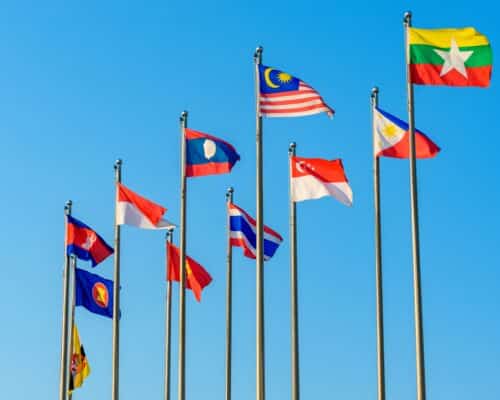
The Future of Natural Gas In Asia
A recent ERIA-backed workshop calls for more natural gas usage in Asia until at least 2050. However, energy economics, long-term economic stability and climate mitigation dynamics throw doubt on those conclusions.
The Power Sector in Bangladesh Is Slowing Its Economic Growth
Bangladesh's energy crisis rocked the country in the second half of 2022. Brought on by record-high LNG prices, the country – which is heavily reliant on natural gas – had to limit local energy consumption. Rolling blackouts, power-shedding and other energy-saving measures have been significant roadblocks for the country's growing manufacturing sector.
Asia’s Role in the Russia-Ukraine War: One Year Later
A little over a year after the start of the war in Ukraine, CREA's data reveals that countries continue actively buying Russian fossil fuels, with Asian nations among the leading contributors to Russia's state budget.
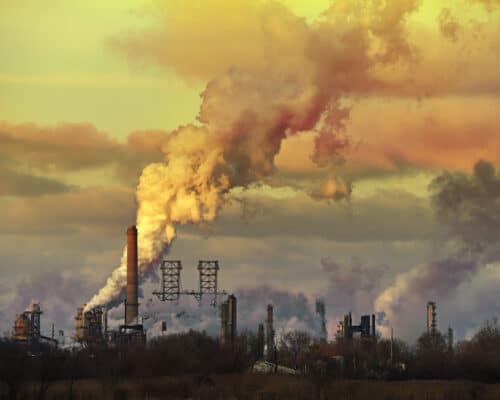
Energy Transition Technologies: Deficiencies of the Japan-led Guidelines
Recent guidelines on transition technologies for Asia, influenced by Japanese energy policies, promote CCUS and ammonia co-firing in the power sector. As a result, they risk derailing the decarbonisation efforts of SEA countries and the financing institutions investing in transition technologies.
Most Popular
Most Popular
Categories
-
10
-
34
-
126
-
4
-
17
-
46
-
52
-
11
-
10
-
15
-
24
-
6
-
1
-
5
-
6
-
279
-
199
-
17
-
24
-
1
-
1
-
23
-
41
-
44
-
87
-
18
-
86
-
41
-
17
-
11
-
43
-
52
-
86
-
294
-
22
-
44
-
36
-
10
-
42
-
36
